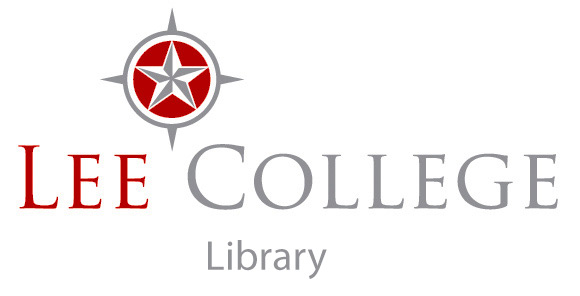How do you know what kind of sources to look for?
Ask yourself these questions before you start your research:
- Do I know enough about my topic to choose meaningful search terms?
- Reference books such as encyclopedias are useful sources for learning basics about a topic before starting your research.
- Does it matter how old your sources are?
- Should you use sources dating from the beginning of time to the present?
- Do you only want the most current information?
- How specific is your topic?
- Are you giving a broad overview of the topic?
- Do you need in-depth research on the topic?
- Who counts as a credible writer on this topic?
- Does the writer need to be an expert in the field? What kind of credentials will prove that this person is an expert?
- Is it okay for the writer to be a non-expert who cites his/her sources well?
Find basic information about your topic
The Credo database contains electronic versions of reference books on many subjects.
Enter your topic into the box below to find articles with basic information about your topic.
Evaluating periodical sources
Internet sites:
- Audience: varies
- Reading level: varies
Strengths:
-
Widely and easily available
-
MAY be very current -- depends on the author
Weaknesses:
-
No substantive content parameters. Responsibility is on the reader to judge reliability, accuracy and timeliness of information.
-
Content may be influenced by advertisers.
Newspapers:
-
Audience: General Public
-
Reading level: Low to moderate
-
Short articles, generally not very in-depth
Strengths:
-
Very current
-
Best source for local news and events
-
Articles are fact-checked and edited (by other journalists)
Weaknesses:
-
Quick publication deadlines may affect accuracy
-
Content may be influenced by advertisers
Popular magazines:
-
Audience: General Public
-
Reading level: Moderate to low
-
Short to medium length articles
Strengths:
-
Relatively widely available
-
Often subscription rates are reasonably priced
-
Easy to read
Weaknesses:
-
Writers usually not subject experts
-
Content may be influenced by advertisers
Trade publications:
-
Audience: Professionals in a specific field
-
Reading level: Medium
-
Short to medium length articles
Strengths:
-
May contain professional association or continuing education resources
-
May contain job search resources
-
Ads are usually limited to products and services within the field of interest.
Weaknesses:
-
May be hard to access outside of an academic library or unless you buy your own subscription.
-
Subscriptions may be expensive.
-
Subject matter may be extremely technical or of limited interest to readers outside of that field.
Scholarly or Peer-reviewed publications:
-
Audience: Scholars and researchers in a specific subject area
-
Always contain source citations
-
Reading level: High
-
Long articles
Strengths:
-
Reliable content. Articles are written and edited by experts in the field
-
In-depth examination of subject matter
-
Readers can use article citations to identify other important researchers in the field
Weaknesses:
-
May be hard to find outside of an academic library
-
Expensive subscription price
-
Writers often less concerned with readability than in other publication types
-
Slower publication rate -- Usually quarterly or biannually
-
Articles may require specialized knowledge to understand


